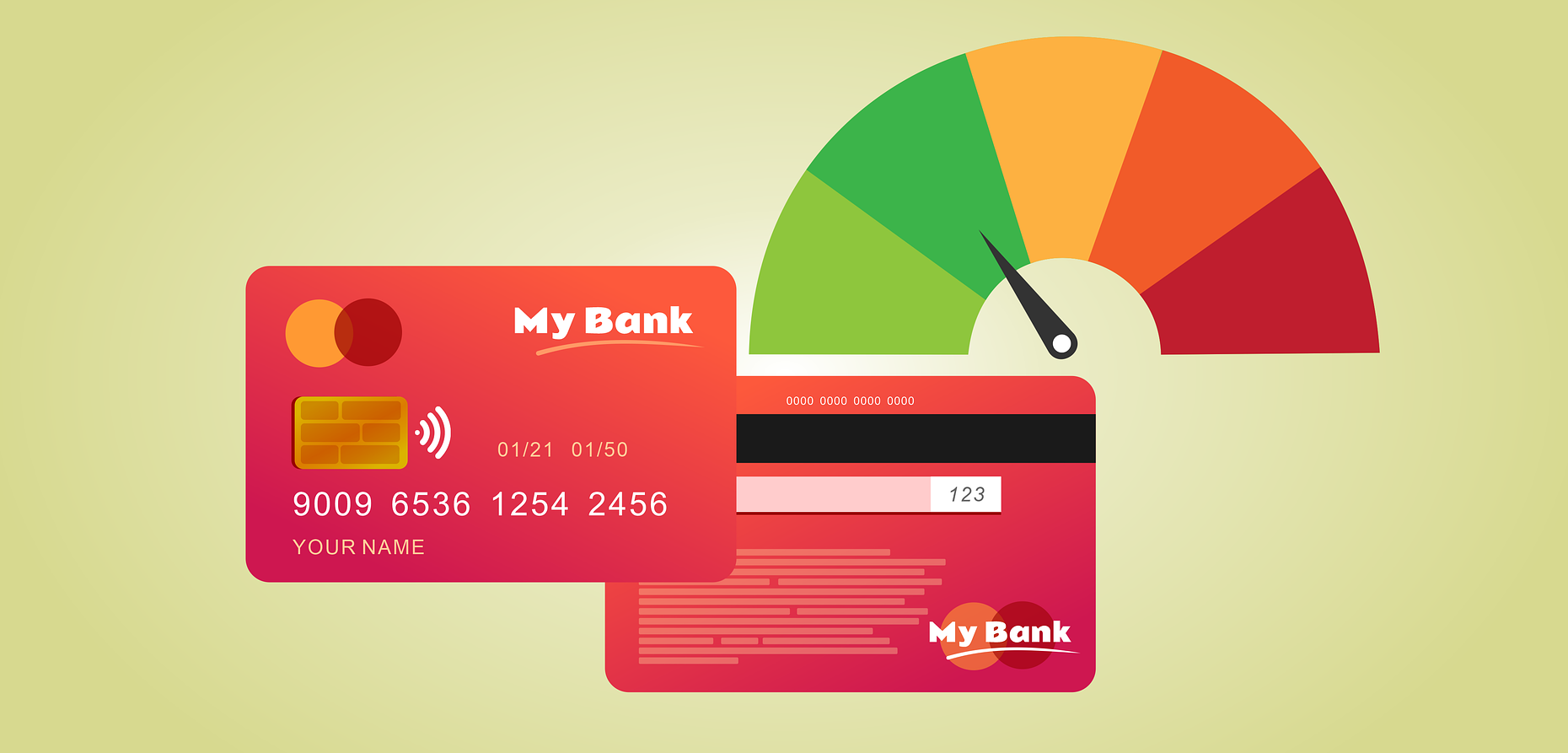Credit Scores: Everything You Need to Know

What is a credit score, and why is it important?
A credit score is a statistical measure used by lenders to assess the risk of borrowers. It is based on the borrower's credit history, which includes information such as the types of credit accounts held, the number of late payments, and the amount of debt owed. A high credit score indicates that the borrower is a low-risk customer, while a low credit score means that the borrower is a high-risk customer.
Lenders use credit scores to determine whether to approve loan applications and to set interest rates. A high credit score can save borrowers thousands of dollars in interest payments over the life of a loan. For this reason, consumers need to understand their credit scores and take steps to improve them if necessary.
How do you get a credit score, and what factors influence it?
Credit scores are one of the most important factors that lenders consider when making decisions about loans and credit. But what makes up a credit score?
Credit scores are calculated using a variety of factors, including payment history, credit utilization, and length of credit history.
Payment history is perhaps the most critical factor in determining a credit score. Lenders want to see that borrowers have a history of making regular, on-time payments. Late payments, collections, and bankruptcies can all negatively impact a credit score.
Credit utilization measures how much of your available credit you are actually using. Using too much of your available credit can be a red flag for lenders, as it may indicate financial distress. The ideal credit utilization ratio is below 30%, but the exact amount that impacts your score may vary depending on your overall credit profile.
Length of credit history is also important in determining your credit score. A longer history typically indicates stability and responsibility; both qualities lenders look for in borrowers. Additionally, a longer history gives you more opportunities to demonstrate positive payment behavior.
Many factors influence your credit score. By understanding how your behavior impacts your score, you can make informed financial decisions that will improve your creditworthiness in the eyes of lenders.
What are some things you can do to improve your credit score?
If you find that you have a low score or no score, there are several things you can do to improve your credit.
First, make sure you are paying all of your bills on time. This includes your credit card and loan payments, utility bills, rent, and other recurring expenses. A history of on-time payments is one of the most critical factors of a good credit score.
Second, keep your credit utilization low. As we mentioned, using too much of your available credit can be a red flag for lenders. Try to keep your balances below 30% of your total credit limit.
Third, consider opening a new line of credit and demonstrating responsible use over time. Typically, you want to keep an account open and in good standing for at least 24 months. This will show lenders that you can manage additional credit responsibly and can improve your credit score.
Fourth, check your credit report regularly for errors and dispute any inaccuracies. This will help ensure that the information lenders are using to calculate your score is accurate.
How can you protect your credit score from being damaged?
There are a few things you can do to protect your credit score and keep that number high.
First, make sure you make all of your payments on time. Even one late payment can drop your score significantly, so staying on top of your bills is important.
Second, keep your balances low. Maxing out your credit cards will hurt your score, so try to keep your balances below 30% of your total credit limit.
Finally, don't open too many new accounts at once. Credit inquiries represent a potential new debt obligation. Too many hard inquiries in a short time, whether you actually open the account or not, can damage your score. Only apply for new lines of credit when you really need them.
These simple tips will help you protect your credit score and keep it healthy for years to come.
What happens if you have a low credit score or no credit score at all?
If you have a low credit score, it could mean that you'll have to pay higher interest rates on loans. It could also mean that you won't be approved for certain types of credit, such as a mortgage or car loan. And if you have no credit score, it could mean you're invisible to lenders.
Low credit or a lack of credit can make it difficult to do more than just get a loan. It could be hard for you to rent an apartment, get a cell phone plan, or even land a job. So, what can you do if you find yourself in this situation?
First, check your credit report for errors and dispute any inaccuracies. Second, try to get a secured credit card or become an authorized user on someone else's account. Third, and most importantly, make sure you always make your payments on time.
By taking these steps, you can start to improve your credit score and get back on solid financial footing.


